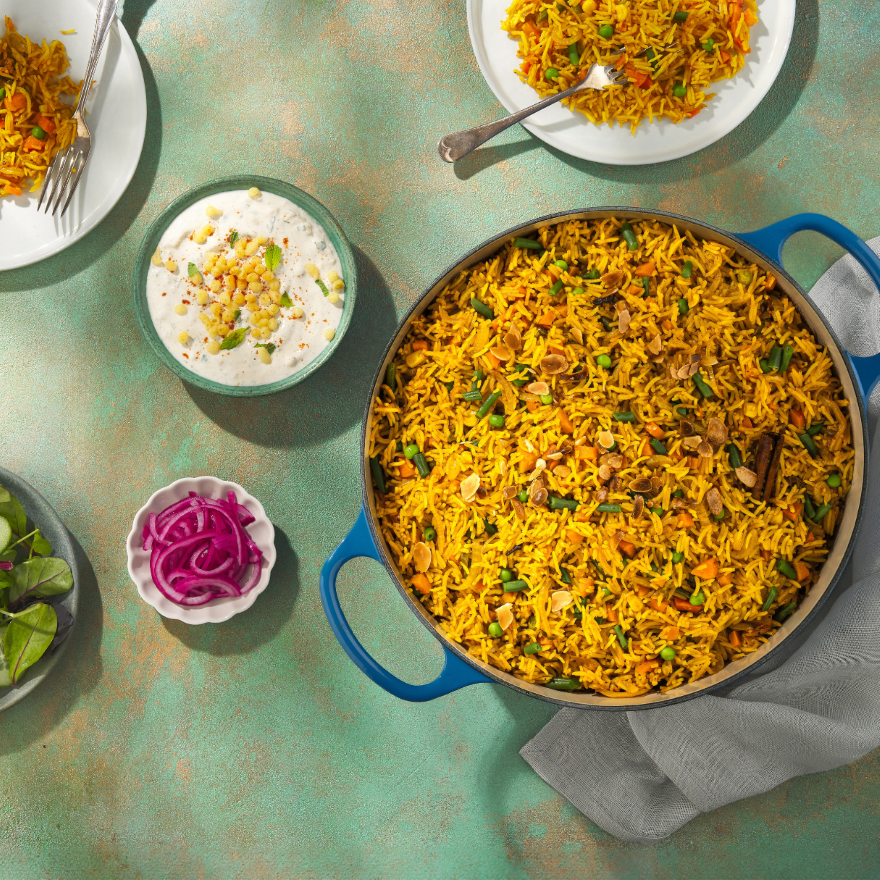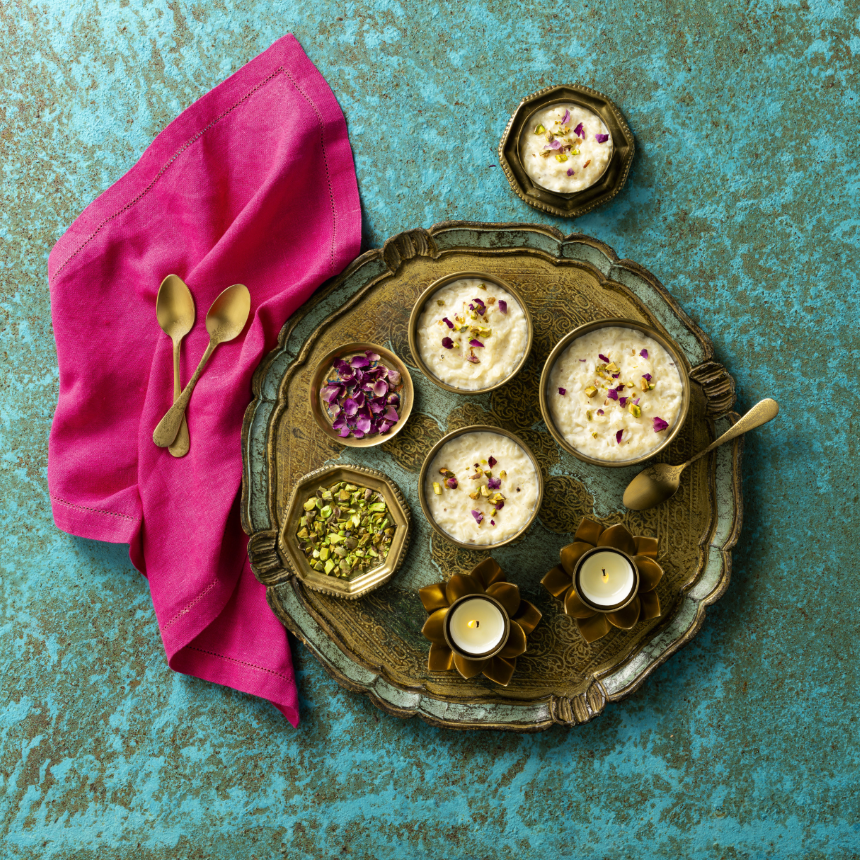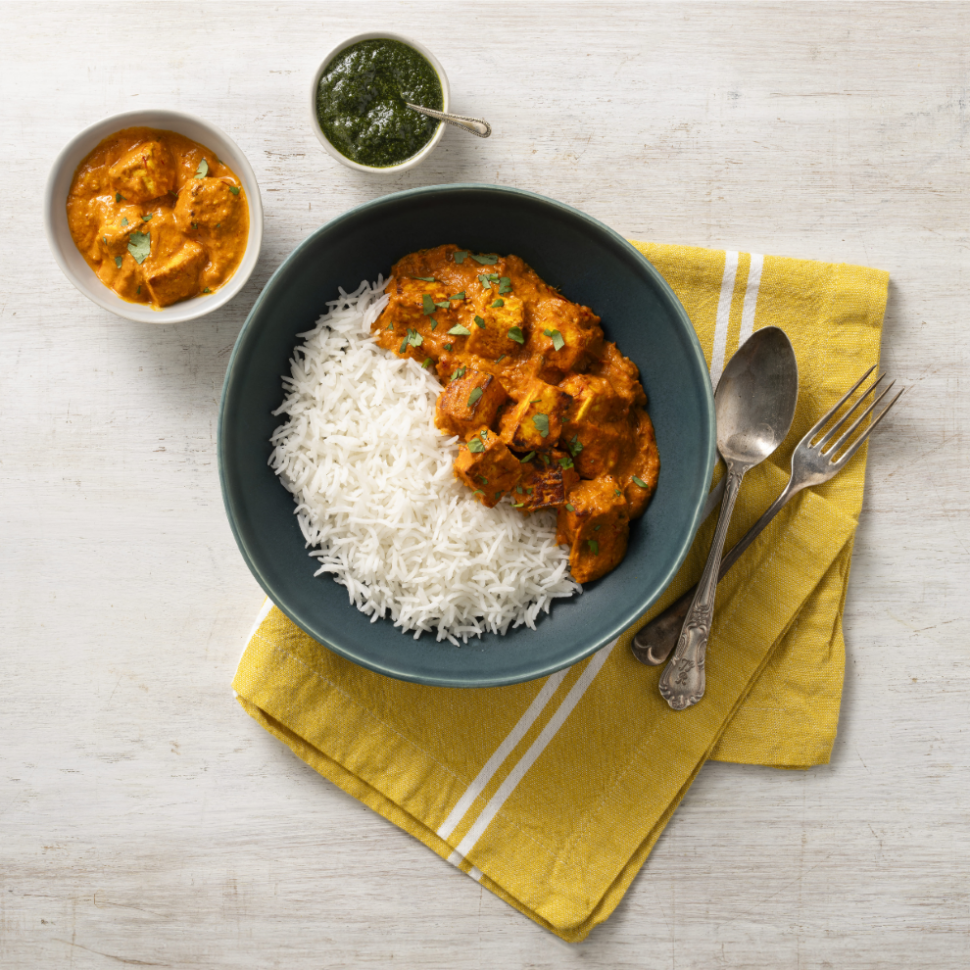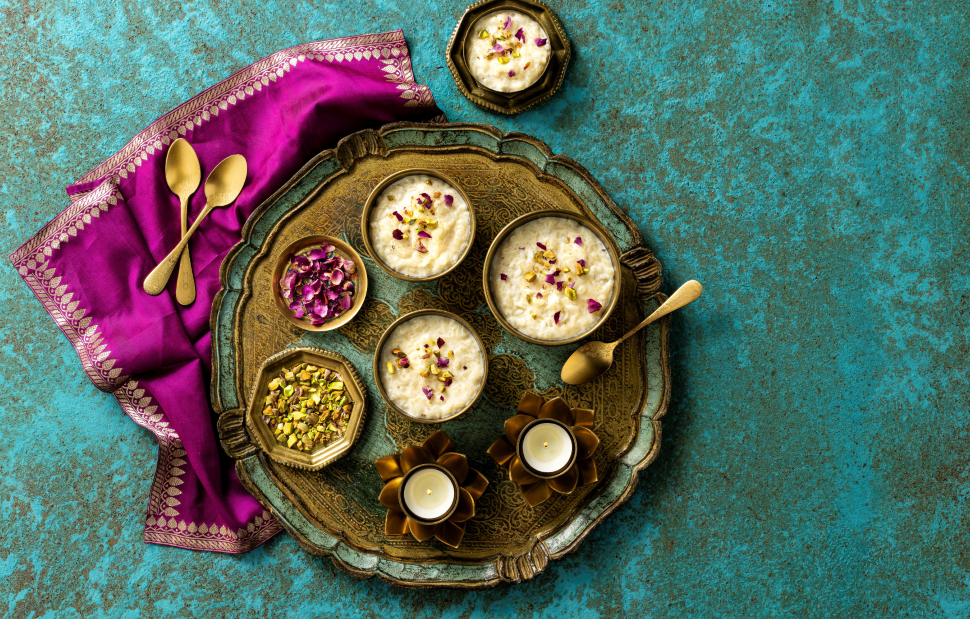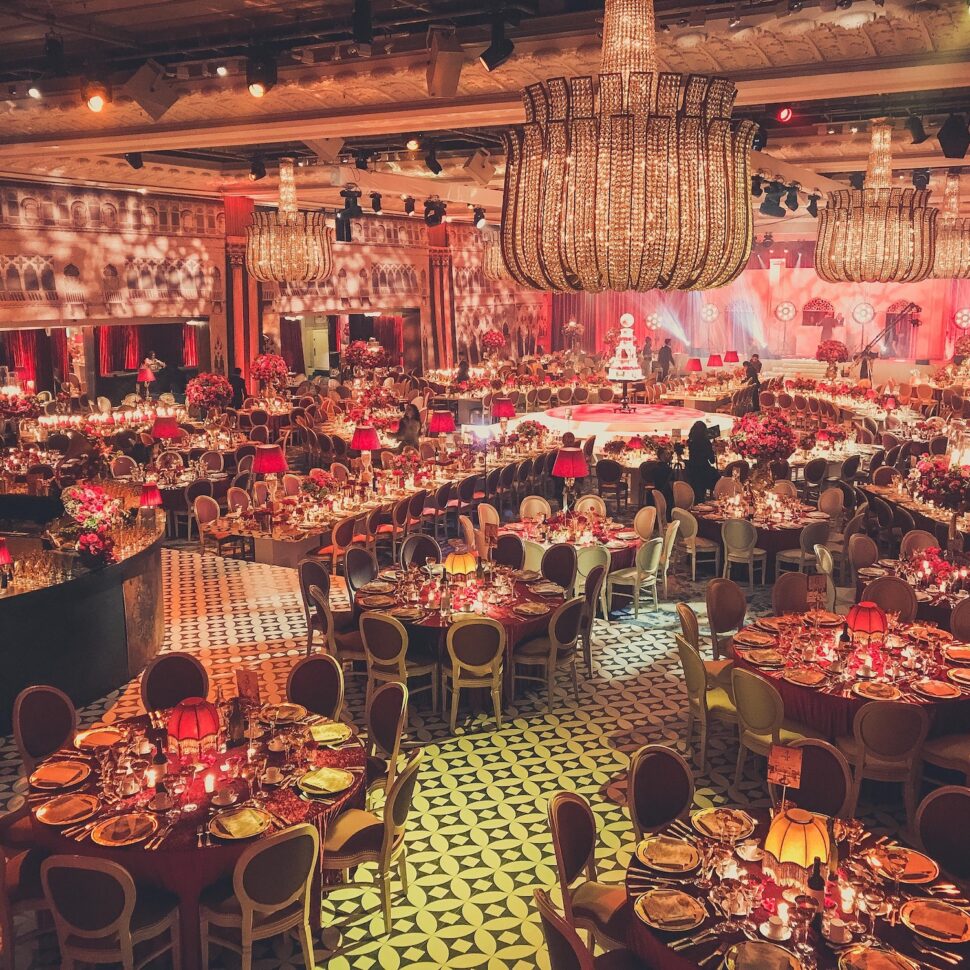In celebration of Diwali

A time for sharing light, joy and delicious treats with loved ones.
What is Diwali and how to celebrate this year?
Diwali, or Deepawali, is known by many as the festival of lights. This magnificent five-day event is steeped in ritual and tradition for members of the Hindu faith, but is also celebrated by Sikhs, Jains and some Buddhists.
However, the day plays out differently for all religions, for example in Sikhism, Diwali falls on the same day as Bandi Chhor Divas so this is a day of double celebration, lighting a candle at their place of worship, Gurdwara. Only Buddhists of the Newar people of Nepal celebrate Diwali by offering prayers to Lakshmi – the goddess of wealth, fortune and prosperity.
While it’s a National Holiday in countries like India, Sri Lanka and Malaysia, celebrations are held all over the world. Origin stories and historical events vary depending on region and beliefs, but ultimately Diwali marks a symbolic victory of light over darkness.
When is Diwali in 2024?
Taking its lead from the Hindu lunar calendar, Diwali starts on a different date each year between October and November, in the lead-up to the new moon. Each of the five days in Diwali have their own significance and rituals, but the third day – Lakshmi Puja – features the main celebrations. For 2024, this takes place on Thursday 31st October – Friday November 1st.
Lakshmi Puja is a day for visiting temples, lighting little oil lamps made from clay or mud with a cotton wick dipped in ghee called diyas and colourful candles, sparklers and even fireworks. Homes, temples, shops and community centres are decorated with lights, while floors are adorned with ‘rangoli’ – elaborate patterns made with flower petals and coloured rice or powder – symbolising joy, prosperity and good luck. Families get together, exchange gifts and feast.
Preparing and sharing food
Like other major festivals, food is a big part of Diwali. Preparation for celebrations often begins around a month before. For some families, this is an opportunity to get together and socialise, creating incredible snacks and traditional sweets, with elder relatives sharing techniques with the younger generations.
Something sweet
Mithai, or Indian sweets, are often made using flour, lentils or vegetable
s like carrot or pumpkin as a base, cooked down with sugar and condensed milk or yoghurt. Nuts such as pistachios, cashews or almonds feature. Flavours like cardamon, saffron or rose water might be used too.
Popular types of Mithai include little fried dough balls with syrup known as ‘Gulab Jamun’, indulgent and flavoursome fudge called Barfi and Laddu made from milk, flour and sugar. Sweet treats act as offerings to deities, exchanged as gifts for friends and families, or as delicious accompaniments to general feasting with a cup of Masala chai.
Savoury snacks are popular too. Variations on Chivda, a type of Bombay mix, are made from peanuts, chickpeas, onions and lentils. While Mathias, crispy discs made from lentil flour are fried in the clarified butter ghee[1]. The combination of sweet, salt and heat from the chilli of Mathias is utterly irresistible for many.
Traditional Diwali dishes
Each of Diwali’s five days are acknowledged by eating specific foods and these vary depending on region and beliefs. One dish eaten at the start of the festival is Lapsi Halwa. A sweet dessert featuring Dalia, a type of cracked wheat, it’s blended with unrefined sugarcane jaggery and ghee. Kheer, is also popular during the celebrations. This comforting, slow-cooked rice pudding features flavours of cardamom, pistachios, cashews and almonds.
View our Diwali inspired recipes
A fresh start
In the Hindu faith, the fourth day of Diwali signifies the start of the new year. Known as Govardhan Puja or Gudi Padwa, the food served might include crispy savoury snacks Puris, homemade cheese known as paneer and a wide array of vegetable curries. The feast is said to represent a year of culinary riches.
However, if you’re choosing to celebrate Diwali this year, we hope the festival is filled with light, colour and incredible food shared with loved ones.
Diwali Inspired Recipes


